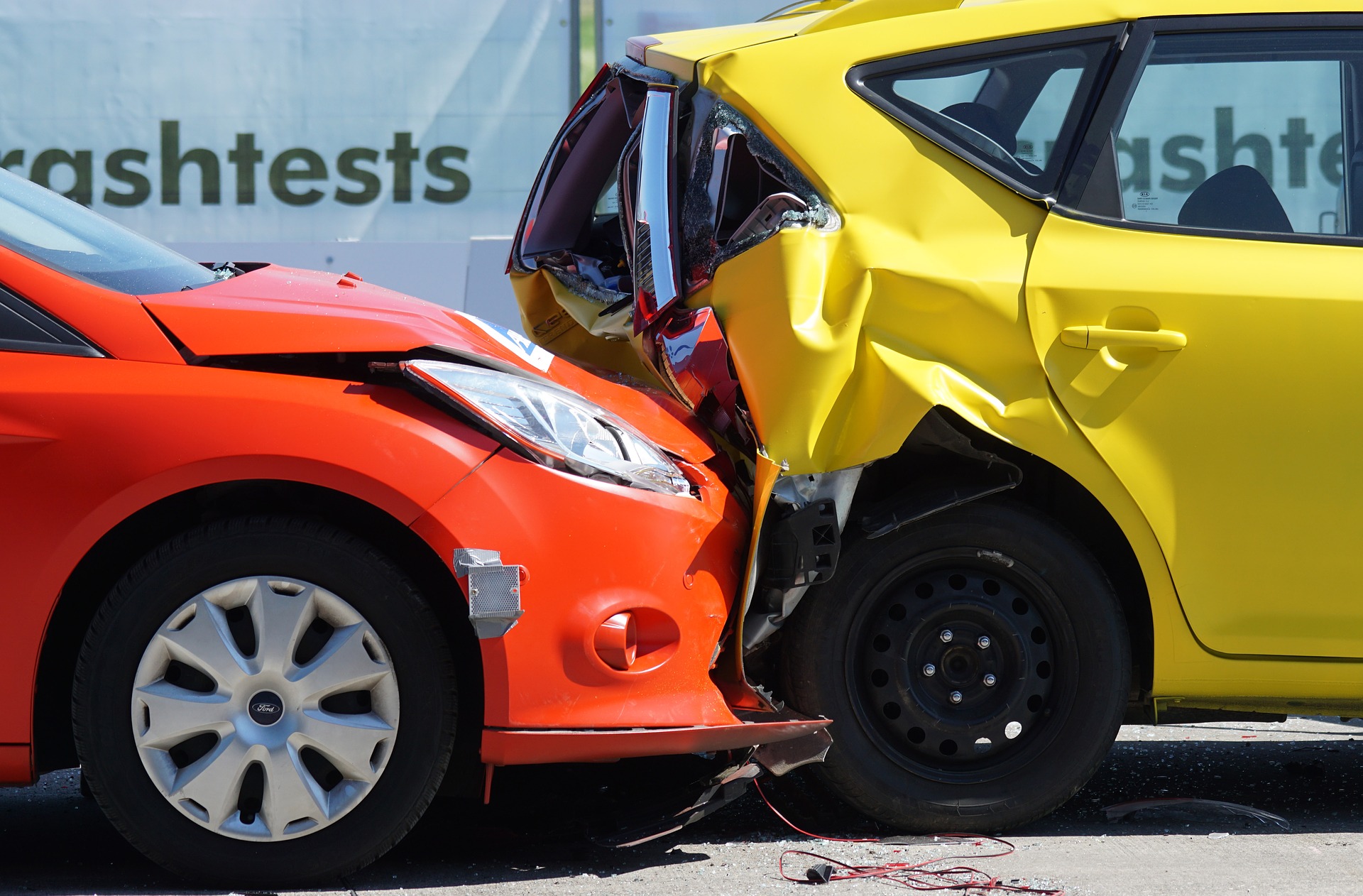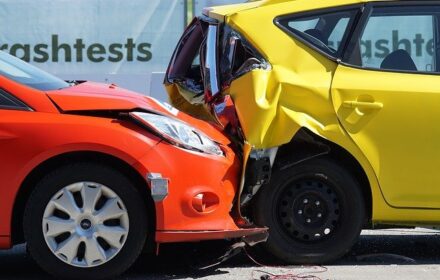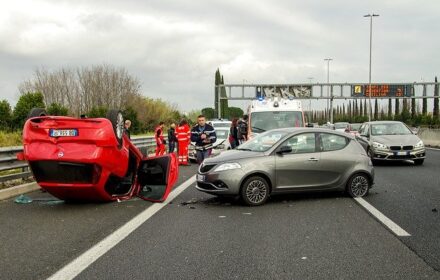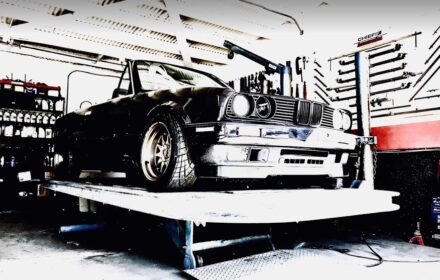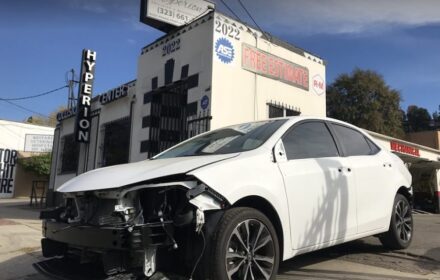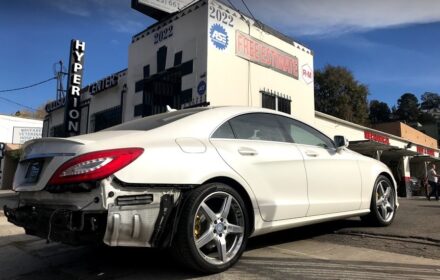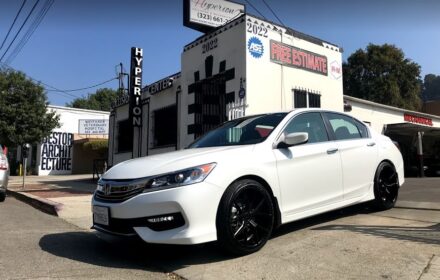Getting car insurance can be intimidating. There are a lot of types that you need to familiarize yourself with, the coverages they offer, the limitations, and the cost. There’s also the fact that you need to know what types of insurance are required by law where you live. Plus, when you talk to a representative of an insurance company, they can make it seem as if you need all the types available. That’s not to say that what they’re saying isn’t true. But it’s important that you understand exactly what you’re paying for. In this article, we’ll tackle one type – collision car insurance.
What Is Collision Insurance?
Collision insurance is a type of car insurance that you can use to pay for the repair or replacement of your vehicle if it gets damaged after an accident or a crash. Unlike some types of auto insurance, this kicks in automatically even if you are not found at fault. There is a wide range of accidents that are covered by this type of insurance.
What Does Collision Insurance Cover?
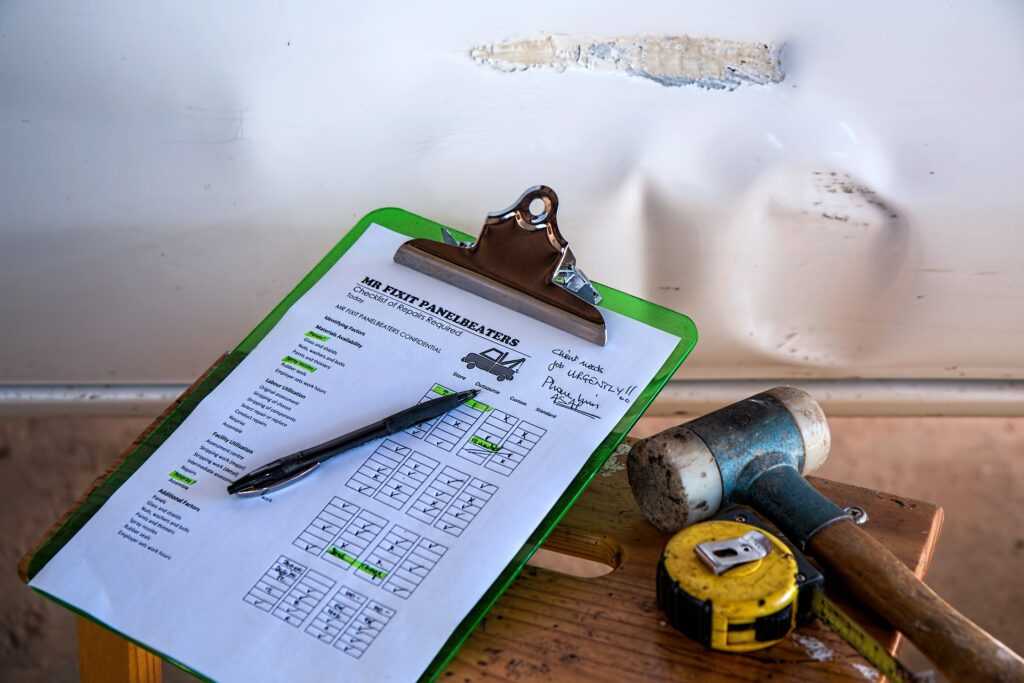
Collision insurance covers for damage made to your vehicle due to a collision with another vehicle or an object such as a tree or a fence. It also covers single-car rollover accidents, damage caused by potholes, or falling into a ditch. Basically, any damage to your car due to an accident. The coverage limit is the actual cash value of your car. What this type of insurance does NOT cover is damage to another person’s vehicle and medical bills – yours, your passengers, or any other persons involved in the accident. In short, if you take your damaged car to a collision repair center near you, you can use this type of insurance to pay for all the repairs (depending on your limit and the company’s approval of your claim). But you won’t be able to use the same insurance to pay for any injury you or your passengers may have gotten from the accident.
What Are The Pros And Cons Of Collision Insurance?
The main advantage of getting collision insurance is that it helps you pay for repairs or the replacement of your car if it gets damaged due to an accident. This means that you aren’t going to go broke should you get into an accident and need to get your car repaired. And we all know how expensive car repairs can be. Another advantage to this insurance is that it doesn’t matter if the accident is your fault or not. You’re still covered. However, there are limitations. It doesn’t cover non-collision damage as well as medical expenses. You’ll need other types of auto insurance for that. It also raises your premium.
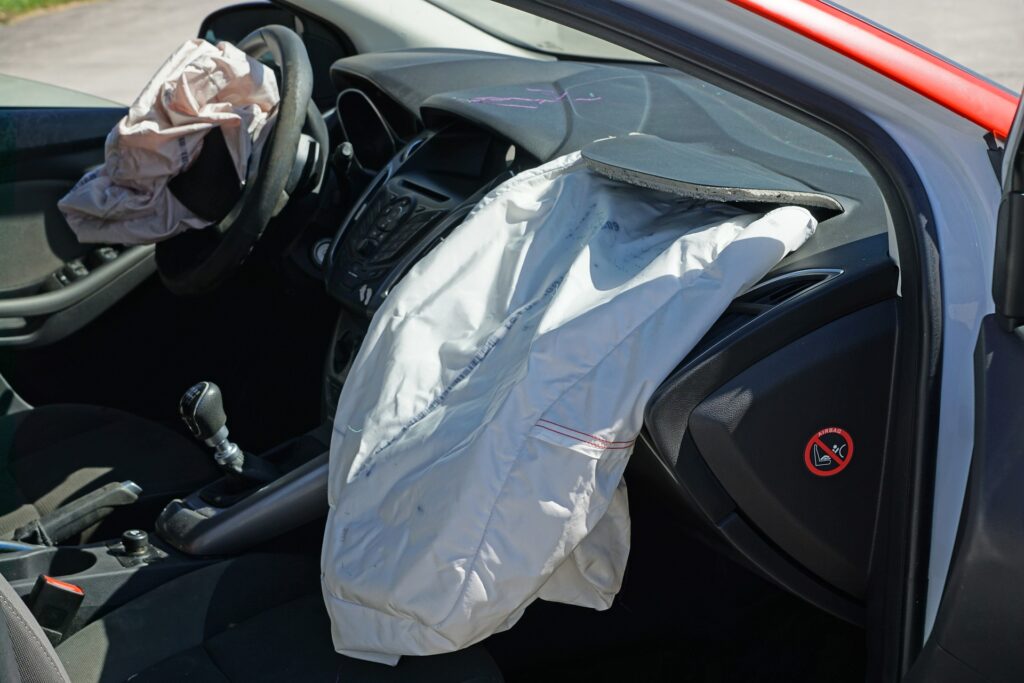
What Is The Difference Between Comprehensive And Collision Insurance?
Collision and comprehensive insurance are typically sold as a package, but they’re not the same. Similar to collision insurance, you’ll typically be required by a lender to get comprehensive insurance. But it is usually just optional if you already own your car outright.
Now, what does comprehensive insurance cover that collision insurance does not? Comprehensive insurance is used to pay for the repair or replacement of your vehicle if it’s stolen or damaged in an incident other than a collision. Non-collision damage includes damage caused by a fire, vandalism, natural disasters, falling objects, animals, and civil disturbance (i.e. riots). But like collision insurance, this type of insurance also does not cover medical expenses caused by an accident.
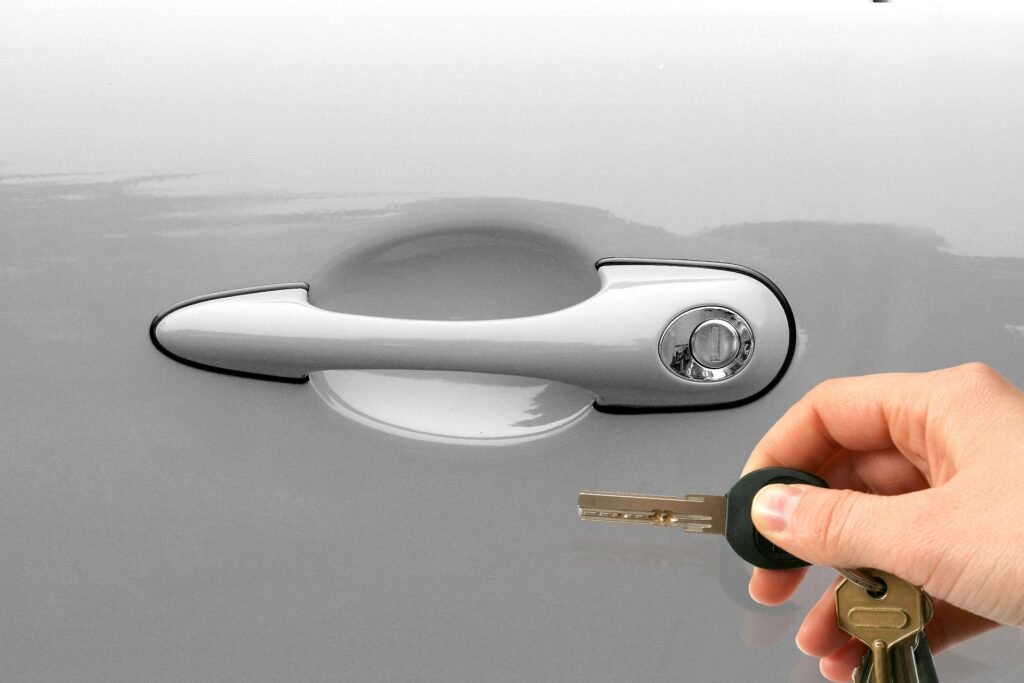
Do I Need Collision Insurance?
If you own your car outright – no car loan or rental, then you aren’t really required by state law to get collision insurance. Now, you might be thinking to yourself that you’re such a responsible driver so that probably won’t happen to you anyway. While you being a safe driver might be true, there are a lot of things on the road that you can’t control. Traffic accidents happen all the time. You see it in the news and in the movies. You hear about it on the radio. According to a report by Esurance, 77% of drivers have been in at least one accident. Here’s another fun fact: according to the car insurance industry, the average Joe or Jane would likely get in touch with their collision insurance claims service at least once every 17.9 years to file a claim. In short, the chances of a car accident in your future is highly likely. Of course, that doesn’t mean that it’ll be a serious accident or even a fatal one. Still, would you be willing to pay thousands of dollars on your own to get your car repaired or replaced? We think not.
Now, if you’re leasing your car or haven’t fully paid it off yet, you might be required by the leaseholder or lender to get collision insurance. If you don’t get the minimum coverage they require, then they will get it for you. “Force-placed” insurance, as this is called, is added into your loan or lease. Unlike insurance you get on your own, the premium on this can typically reach up to five times what you’d get from your insurance company. Moreover, it may also have limited coverage as well.
So, what does all of this mean? Whether you own your car outright, you’re leasing it, or still paying off the car loan, you need to get your own collision insurance policy for your own protection. And that of your car.
Is Collision Insurance Necessary For Rental Cars?
This may be surprising to everyone but there is no law that requires you to have collision insurance in order to rent a car. If you already have collision coverage for your personal car, then you don’t need to get additional coverage. Though it’s important that you check first with your insurance company, you should know that most collision insurance covers rental cars. So, don’t feel pressured to purchase coverage just to be able to rent a car.
In addition, if you fully pay for your rental car using a major credit card, you generally get some level of collision insurance. This insurance is considered secondary to other types of insurance. For example, it can only be used after your other types of insurance have been exhausted. If you don’t have any coverage, then the collision insurance from your credit card company will become primary. Just make sure that your credit card issuer does provide coverage before driving that rental car.
Take note that you should not get the damage waiver offered by the car rental company because it will cancel the coverage provided by the credit card company. Also, this coverage is only provided to short-term rentals. It also does not cover all countries outside the US; there are some exceptions. But if you have travel insurance, then this may already cover you for any medical expenses and losses of personal effects.
Now, does this mean that you should drive a rental car without any insurance? It’s not a good idea. As we’ve already explained, getting coverage is always the smart choice.
Is Collision Insurance Required In California?
Collision insurance is optional in California by law. This means that you are not legally required to buy collision coverage for your vehicle before driving it around. However, as we’ve already mentioned, if your car hasn’t been fully paid for or you’re leasing it, your lender will typically require you to get coverage for the duration of the loan or the lease.
Keep in mind that collision insurance is different from liability insurance which is required by law in California. Liability insurance covers damage to other people and their property when the accident is your fault.

